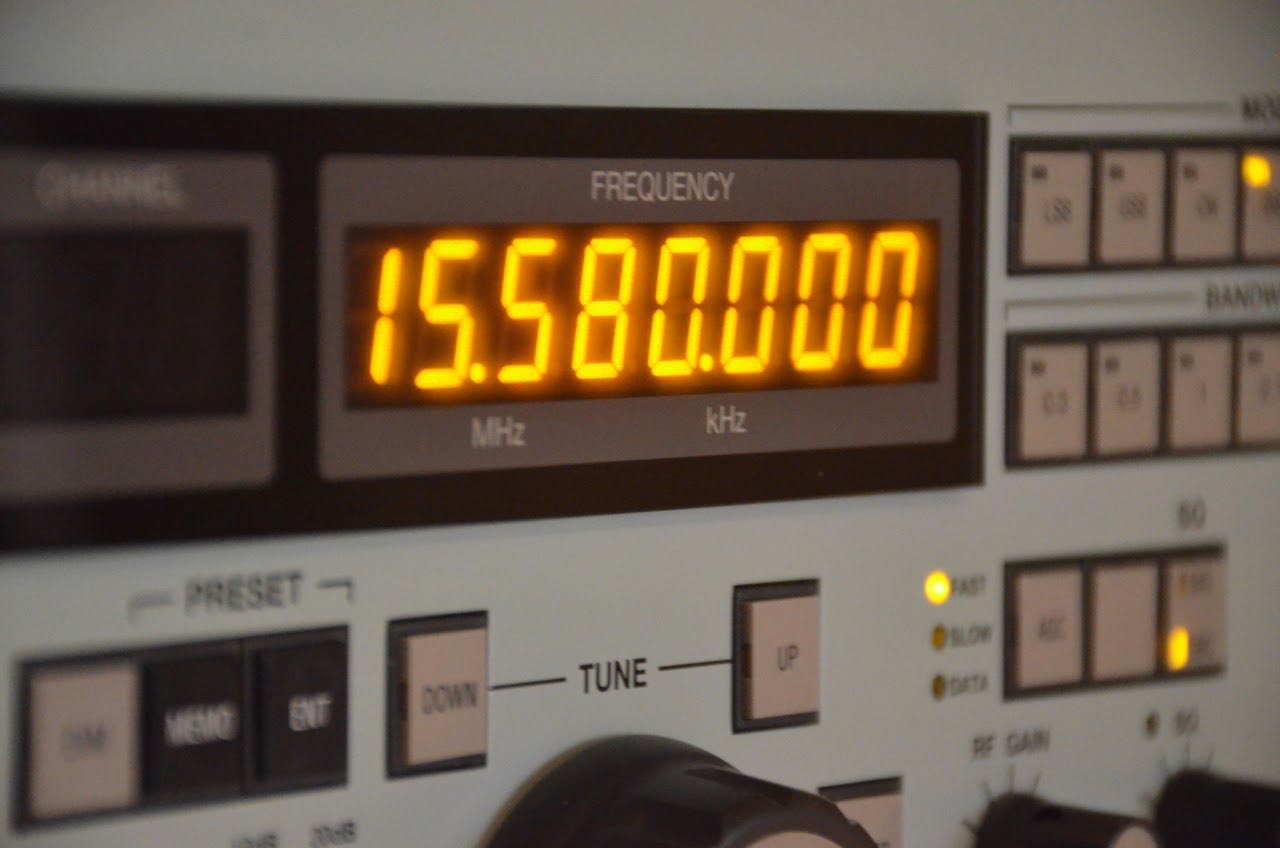 Radio Waves: Stories Making Waves in the World of Radio
Radio Waves: Stories Making Waves in the World of Radio
Because I keep my ear to the waves, as well as receive many tips from others who do the same, I find myself privy to radio-related stories that might interest SWLing Post readers. To that end: Welcome to the SWLing Post’s Radio Waves, a collection of links to interesting stories making waves in the world of radio. Enjoy!
Many thanks to SWLing Post contributors Bill, Paul, Mike Terry and the Southgate ARC for the following tips:
DXE Virtual Hamfest and DX Academy on July 25 (DX Engineering)
Join the Elmers at DX Engineering and a host of Ham Radio luminaries on Saturday, July 25, 2020, for the first DXE Virtual Hamfest and DX Academy—two online events combined into a full day of fun, learning, and drawings for DX Engineering gift cards (must be registered and present on Zoom during the drawings to qualify).
Both events are free and open to all—click here to register. Once signed up, you will receive a link to access the events in real-time on the Zoom webinar platform, or you can watch live on the DX Engineering YouTube channel.[…]
US global media agency seeks to kick out international journalists (Southgate ARC)
CNN Business reports: Efforts to clean house at the US Agency for Global Media continued this week as leadership indicated that international journalists who work for Voice of America (VOA) will not have their visas extended and a widely respected top editor at Radio Free Asia was fired, explained three sources familiar with the decisions.
Under the new leadership of Michael Pack, who took the job as USAGM’s CEO last month, the organization which oversees US-funded broadcasters VOA and RFA among others has been thrust into a wide-ranging shakeup which appears to be politically motivated.
With indications that Pack is not going to allow visas to be extended for international VOA journalists in the US, there are dozens of journalists who could face retaliation if they are forced to return to their home countries.
Read the full CNN news story
https://edition.cnn.com/2020/07/10/media/usagm-voice-of-america-visas/index.html
In Colorado Springs and beyond, ‘magic’ of ham radio breaks doldrums of COVID-19 (The Gazette)
On the windswept prairie east of Colorado Springs, in a ramshackle trailer plastered with maps and codes associated with every sector of the world, strange sounds are coming from a radio.
Static mixes with R2-D2-like beeps and bops. Don DuBon has a microphone in one hand while the other twirls a dial, searching.
“Alpha, foxtrot, zero, sierra,” he says, speaking into the void. “Alpha, foxtrot, zero, sierra…”
That’s the call sign for the Pikes Peak Radio Amateur Association, the group of enthusiasts who make this trailer their base.
Hams, as they’re also called, take special pride in their contact with each other across the globe. They keep log sheets. One here by DuBon shows contact made with a Chuck (call sign KI6HK) in California; a Jake (K4BOM) in England; a Brooks (K2CNN) in Alabama; and others in Uruguay, Brazil and New York.
DuBon, N6JRL, is looking for others.
“Spain,” he says, recognizing the call sign heard through the clutter. “That’s a station in Spain. … He’s got a bunch of people calling him.”
“It’s called a pile-up,” says Jim Bishop, KD0KQL, fellow club member and retiree. The two are now gray but engaged in something that makes them feel young, still boys with their radios.
The Pikes Peak Radio Amateur Association (PPRAA), counting a little more than 100 members mostly from generations past, is among an underground but bustling faction of American culture. Active call signs given by the Federal Communications Commission represent 0.25% of the U.S. population. In El Paso County, the ranks number about 3,500.[…]
FCC Continues to Prosecute Pirate Radio Operators – Two Settlements with Identified Violators (Lexology.com)
Pirate radio operators continue to be a problem – particularly in major metropolitan areas. The week before last, the FCC resolved two long-pending cases against pirate operators through negotiated settlements. In one case, the FCC last year initially proposed a fine of $151,005 for the illegal operation. After examining the operator’s finances, the Bureau agreed to a $4,000 fine now, with a penalty of $75,000 should the operator violate the law again (see this decision against an operator called Radio Concorde). In the second case, the FCC had proposed a $453,015 fine last year, but agreed to take $5,000 now, with penalty of $225,000 if the operator violates the terms of the consent decree (see the decision dealing with operator Radio TeleBoston). Last year, we wrote here about the much larger fines initially proposed for these two operators.
In both cases, the FCC seemingly recognized reality in taking the small upfront payments now rather than trying to collect huge fines that likely were beyond the ability of the operators to pay. The FCC also required the surrender of the operator’s equipment and a commitment to stay away from pirate radio for 20 years or face much larger fines. The big fines initially imposed in these cases were set even before Congress enacted the PIRATE Act early this year. The new law allows for fines on illegal operators of $100,000 per day, up to a maximum total fine of $2,000,000. Even without the full effect of the PIRATE Act, these cases show the deterrent effect of these large fines.[…]
Do you enjoy the SWLing Post?
Please consider supporting us via Patreon or our Coffee Fund!
Your support makes articles like this one possible. Thank you!


After a visit and warning from the FCC, continuing to illegally broadcast makes no sense.